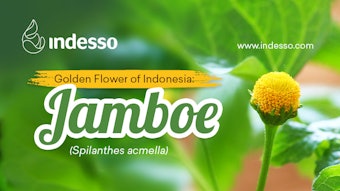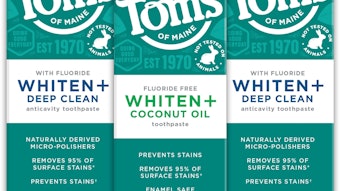Methyl salicylate is an aromatic ester whose principal natural source is wintergreen (Gaultheria procumbens) and sweet birch (Betula lenta) plants. Its history is intertwined with that of salicylic acid and its other derivatives, all of which were recognized by early man as having theraputic values (see sidebar).
Its organoleptic nature is viewed positively in North America. Wintergreen is still referred to as “mountain tea” in some areas of the US. Its use as a refreshing and medicinal beverage carried over into that country’s popular soft drinks: birch beer, root beer and sarsaparilla. With the demise of sassafras oil (due to its safrole content), methyl salicylate was employed to re-construct America’s uniquely flavored national beverages. In the world’s soft drink market, North America is the only place where these three beverages are consumed. Outlanders usually find the taste of these soft drinks repulsive!
This different attitude toward methyl salicylate reflects itself in differences in organoleptic description of this aroma chemical, depending on whether the describer is an American or a European cousin. These cultural orientations have resulted in wintergreen-based oral hygiene products finding acceptance in North America and the Philippines, and to a lesser extent in Great Britain, while the rest of the world shuns them. Almost 50% of the North American toothpaste flavor market is wintergreen-based, versus nil in the rest of the world.










